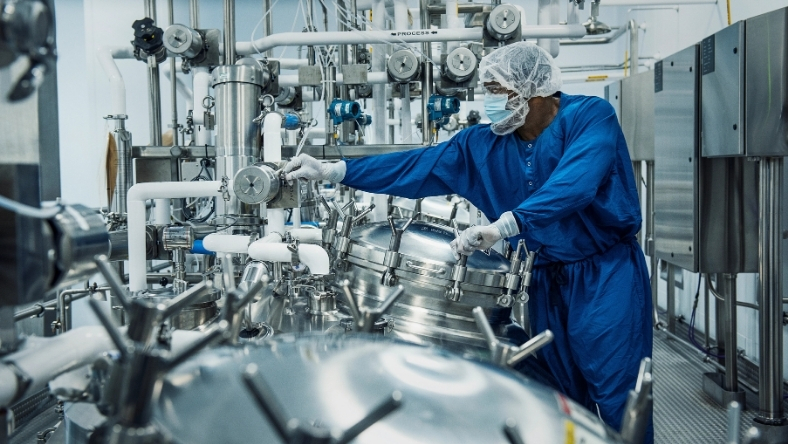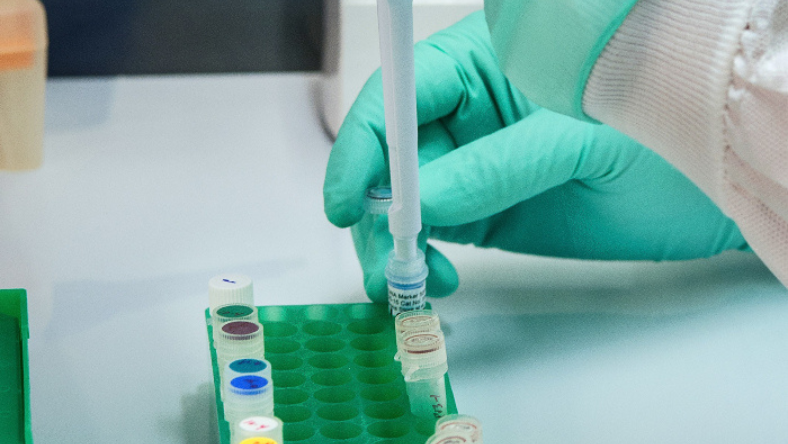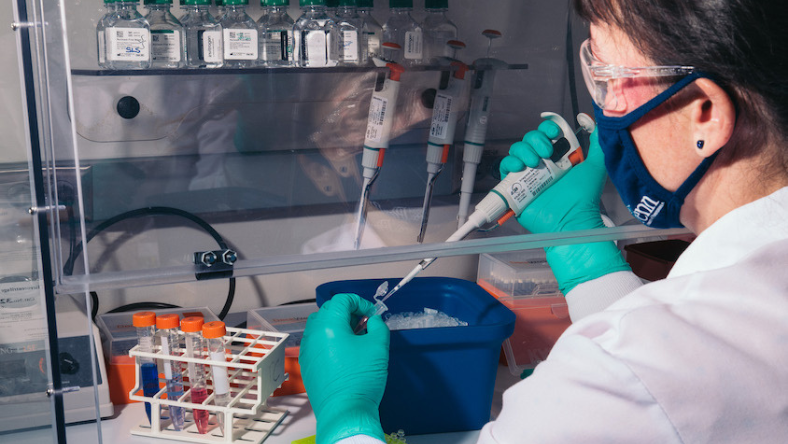TECHNOLOGY
AI and CRISPR: A Partnership Set to Rewrite Biotech
AI is reshaping how CRISPR therapies reach cells, cutting delays and boosting safety in the race for next-gen gene editing.
16 Jul 2025

Artificial intelligence is reshaping the delivery of CRISPR gene-editing therapies in the US, replacing trial and error methods with predictive modelling that promises faster and safer treatments.
Researchers and companies are focusing on lipid nanoparticles, microscopic carriers used to transport CRISPR components into human cells. Designing these carriers has traditionally required extensive laboratory testing to find effective combinations. Machine learning now enables teams to model and predict the best lipid structures in silico, reducing development time from months to days.
Labs linked to Stanford University and several US biotech firms report improved targeting and reduced toxicity in preclinical trials. AI tools can narrow thousands of possible formulations to a small set of candidates, cutting costs and accelerating progress.
“This isn’t just an upgrade, it’s a strategic pivot,” said a senior analyst at a Boston life sciences group. “Companies that embrace AI-driven delivery will dominate speed, scale, and safety in the CRISPR market.”
The shift is influencing capital flows. While many deals are undisclosed, industry observers point to increased acquisitions and partnerships centred on AI-enhanced delivery platforms. Venture capital is moving toward firms that combine biotechnology expertise with advanced data science.
Challenges remain in translating digital predictions into clinical success. AI models rely on high-quality training data, and the complexity of biological systems can limit accuracy. Regulators are also examining how such tools are validated for safety and reliability.
Despite these obstacles, sentiment in the sector is optimistic. Industry executives see AI-enabled delivery systems as key to overcoming one of the main barriers to scaling CRISPR treatments. As development bottlenecks ease, therapies could reach patients more quickly, shifting competitive advantage toward those investing in computational design.
Latest News
15 Jan 2026
FDA opens smoother lanes for CRISPR firms13 Jan 2026
CRISPR tries to crack the rare-disease problem9 Jan 2026
Why Gene Editing Suddenly Feels Inevitable16 Dec 2025
A 2021 Gene Editing Deal Still Shapes the Future of Cancer Care
Related News

REGULATORY
15 Jan 2026
FDA opens smoother lanes for CRISPR firms

PARTNERSHIPS
13 Jan 2026
CRISPR tries to crack the rare-disease problem

INNOVATION
9 Jan 2026
Why Gene Editing Suddenly Feels Inevitable
SUBSCRIBE FOR UPDATES
By submitting, you agree to receive email communications from the event organizers, including upcoming promotions and discounted tickets, news, and access to related events.